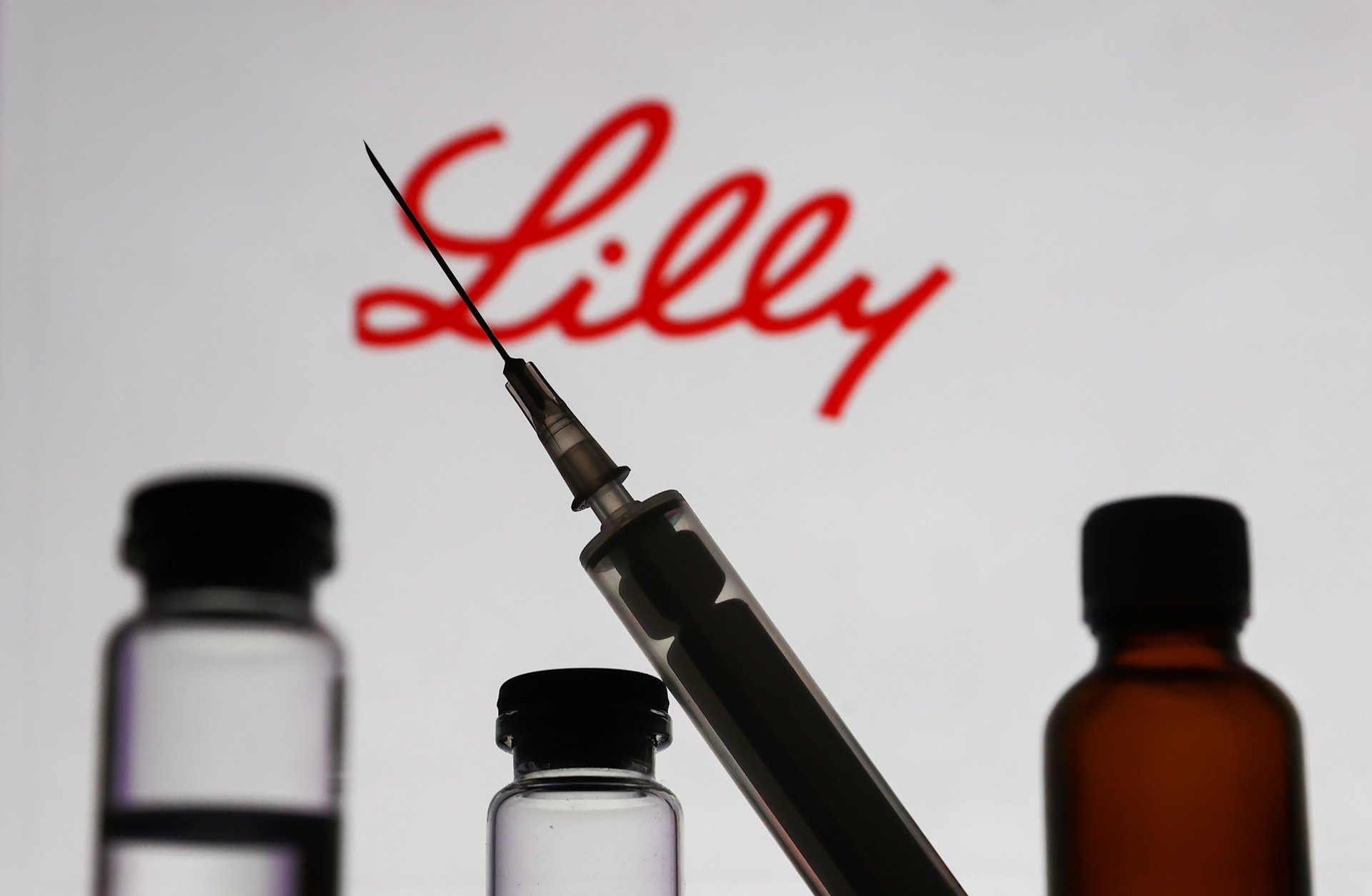Eli Lilly's weekly insulin is running into the same issue Novo Nordisk's did
The pharma giant presented results from the late-stage clinical trials of its once-weekly insulin at an annual diabetes meeting in Europe

Eli Lilly (LLY) said on Tuesday that its experimental weekly insulin, efsitora, worked just as well as daily doses for patients with type 1 diabetes in a late-stage clinical trial. However, the study also found that the drug carried a higher risk of severe low blood sugar — a similar outcome of Novo Nordisk’s (NVO) rival drug.
Suggested Reading
The pharma giant presented detailed results from the phase 3 clinical trial, QWINT-5, of its weekly insulin efsitora at the European Association for the Study of Diabetes (EASD) annual meeting in Madrid today.
Related Content
The QWINT-5 trial involved 692 participants from around the globe with type 1 diabetes that were being treated with daily basal insulin and multiple daily mealtime insulin injections.
Over the course of a year, some of the participants were given weekly doses of efsitora while others were given daily doses of traditional insulin.
After 26 weeks, participants taking the weekly efsitora saw their A1C levels drop an average of 0.53%. For comparison, patients in the trial taking daily insulin saw their A1C levels fall 0.59%. A1C tests measure a patient’s blood sugar levels over a three-month period.
“These results underscore the potential of efsitora to help some people living with type 1 diabetes lower their A1C with only one basal insulin injection per week, while also highlighting the complexity of treating this chronic disease,” said Jeff Emmick, senior vice president of product development at Eli Lilly, in a statement.
However, Eli Lilly noted that serious adverse events were higher among the efsitora group when compared with the daily insulin group. This was driven by severe hypoglycemic — low blood sugar — events.
The estimated rate of severe hypoglycemic events per patient over one year was 0.14 for efsitora and 0.04 for daily insulin.
Eli Lilly-rival Novo Nordisk had the same issue with its experimental, once-weekly insulin Awiqli. This low blood sugar risk for people with type 1 diabetes was one of the reasons Awiqli was rejected by the U.S. Food and Drug Administration earlier this summer.
“Now, we acknowledge that the higher rates of severe hypoglycemia in QWINT-5 are a potential concern,” Paul Owens, an Eli Lilly vice president of global brand development, told Quartz. “Patients should always talk to their healthcare provider and work together with and determine the best treatment option that is best for them.”
He added that the company is continuing to asses the data to determine how to best mitigate this risk.
Eli Lilly also presented today at EASD detailed results of its QWINT-2 trial. This trial found that efsitora also worked just as well as daily insulin on patients with type 2 diabetes. The presentations come less than a week after the pharma company announced top-line results of its other efsitora trials, QWINT-1 and QWINT-3.
“The results we’ve shared from the collective QWINT program add to the growing body of evidence [on] the potential for once-weekly to be a transformative treatment option for people living with type 2 and some people with type 1 diabetes,” Owens said.
